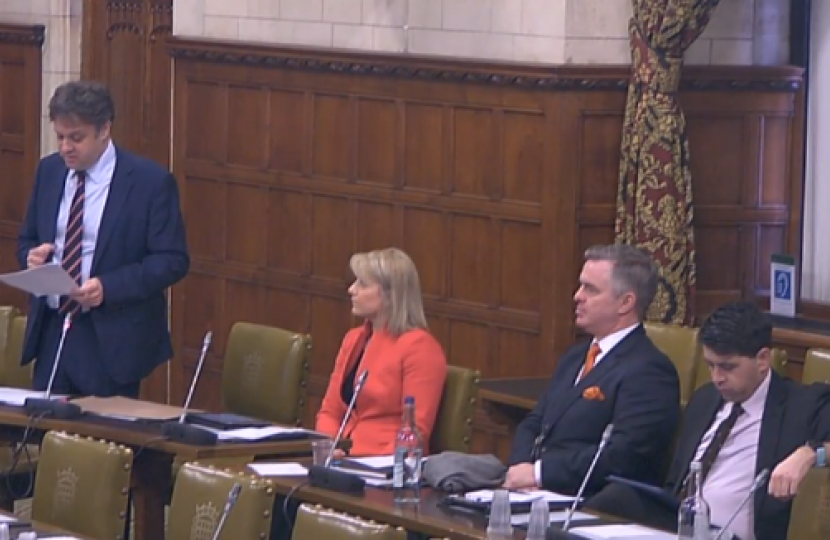
In a debate in Parliament today Mr Julian Sturdy, the Member of Parliament for York Outer, made the case for the introduction of a GCSE in agriculture.
Currently, only students in Northern Ireland have the option of studying a secondary qualification in agriculture and Mr Sturdy is now advocating for the course to be available to students right across the country. With cutting-edge advancements in the sector there is high demand for skills in applied science and new technologies.
During the debate, the York Outer MP asserted that extending the offering of an Agriculture GCSE option would represent a sensible and logical development of the government’s current plans to expand the provision of vocational and technical education.
Remarking on the changing nature of modern farming methods, Mr Sturdy stated that “robotics, biotechnology, gene editing and data science will all become increasingly established in the farming sector” and claimed that “a school leaver entering the farming sector in the next few years could expect to use GPS technologies to harvest wheat, driverless tractors, drones to deliver herbicide to weeds on a precision basis, grow wheat with nitrogen-fixing bacteria, and new technologies that will drive up animal welfare; such as robotic milking parlours.”
In response to the debate Ms Anne Milton, Minister of State for Apprenticeships and Skills at the Department for Education stated: “I am very mindful that with the focus on apprenticeships and T-Levels there in a tendency for the focus to be urban-based, and forget the rural areas.” Before assuring Mr Sturdy that she “will not forget this because it is important.”
Speaking afterwards, Mr Sturdy said: “the Government certainly recognises a lot of arguments that have been made in favour of giving young people specialist education and I am encouraged with proposed T-Level reforms. However, the point that we are labouring is that we cannot overlook pre-16 qualifications as they act as a crucial mechanism for introducing students to opportunities and routes that can be pursued in further education.”
